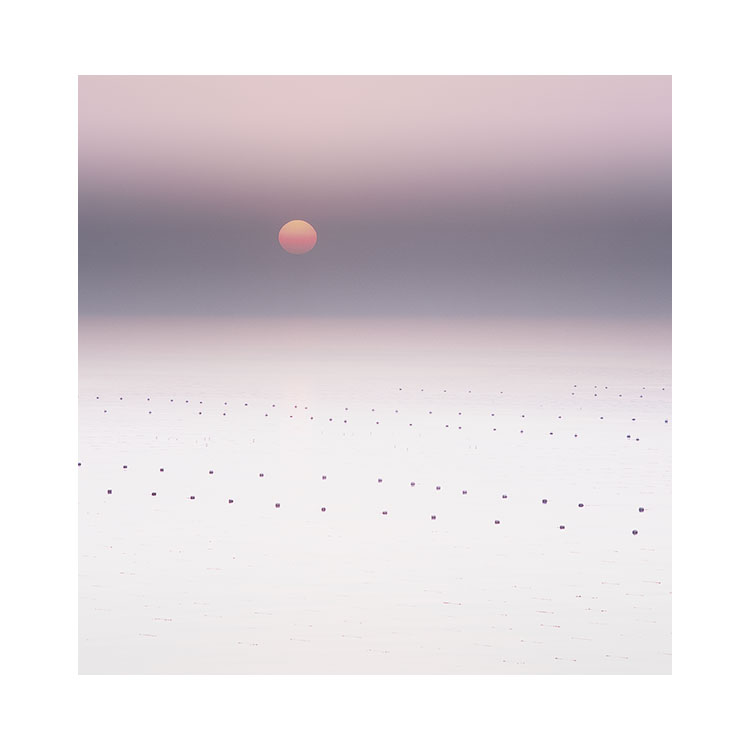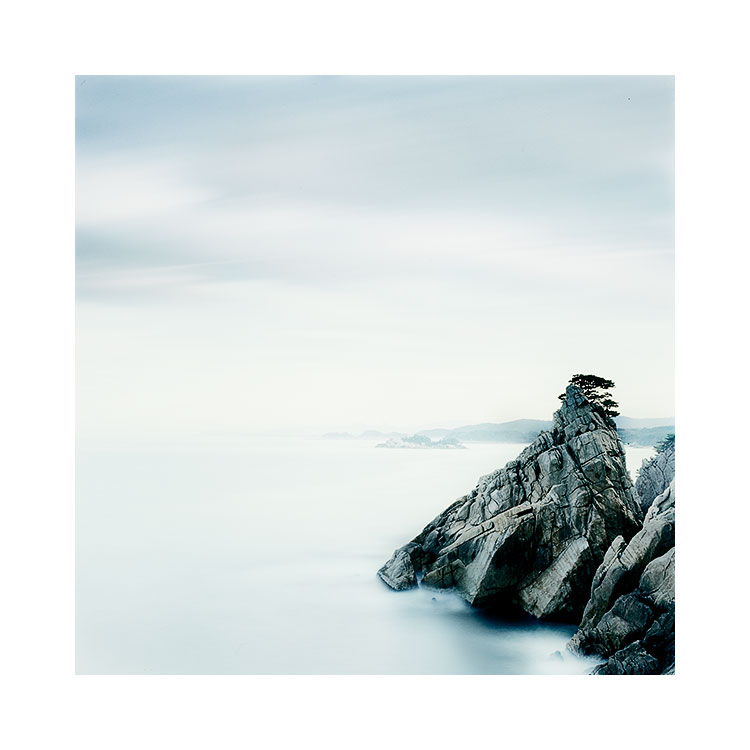I’ve said previously that all photographers need to find the landscapes that resonate with them and keep working them. If there is a mismatch and you visit a landscape you don’t quite get, then rather than diss the actual landscape and say ‘there was nothing there’, it would be more accurate to say ‘I was unable to connect with it’.
As a workshop and tour leader, all the landscapes I go to are of value. But whether you are going to get them is really down to where you currently are in your own artistic space.
If you’re not ready, then you might struggle. If the landscape is too difficult, or not so easy to work with, it might simply be that it requires more investment than you had imagined. I am of the firm belief that not all landscapes are equal, not just in terms of beauty, but also in terms of how much you have to work at them.
Just because you may have found a place difficult, or found it didn’t offer up as much rewards as another place, doesn’t mean it’s a place to forget about. For me, I have returned many times to places that I found difficult, because at the core of my feelings about them, I knew there was more to be found there, but it would take some time and effort.
South Korea was exactly like that.
During my first visit there, I remember thinking that I was going to come home with no good images.
I was so wrong.
The place was very difficult to work with, and I shot a lot less film than I normally do, but in retrospect, I got one of my own personal favourite portfolios out of it.
I have since been back to South Korea and my second visit was even more difficult than the first. But I still think there is something of value to be found in South Korea and I should keep returning.
This taught me that I should avoid judging landscapes. If I’m not seeing anything there, then the issue is most probably me. No, it is me.
The other aspect that I’ve found interesting to deal with is preconceived expectations. I think being on social media can lead one to expect that your own images of a place will be on par with what you’ve seen elsewhere. This is dangerous territory to be in and can have at least two downsides as far as I can see:
1) Going there with preconceived ideas of what a place looks like, might mean you’re only able to see it the way it’s been shot countless times before.
2) if the scenery does not match what you had anticipated, you may be disappointed, and not able to ‘connect’. If that happens, you’re definitely not going to be able to see an alternative view that it may be offering you.
Both of these approaches is due to one having the illusion of control. Landscapes, often remind me that I have no control over them. But what I do have control over, is how I choose to deal with them presenting me something I had not anticipated.
I try not to diss landscapes. Often times when I do, I know deep down that what I’m really doing is offsetting my own lack of ability to find something there. I will often excuse my poor experience away as a problem with the landscape, when ultimately the problem was with me.


















